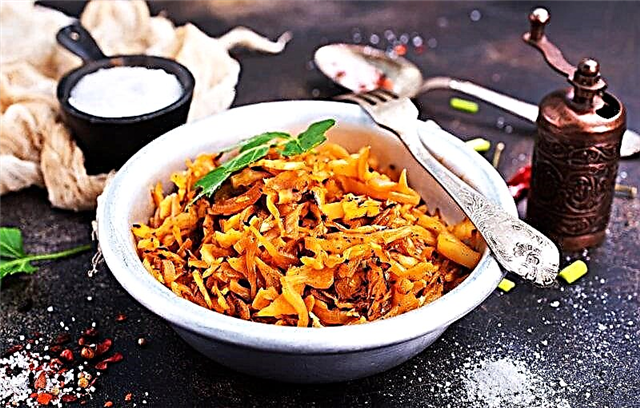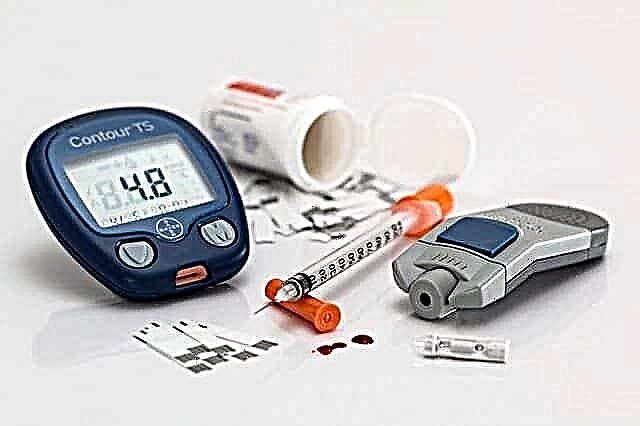Today we will look at a very important topic - the first symptoms of diabetes. The main problem here is that a person may develop insulin resistance and he will not know anything about it at first (i.e., the body, due to the high consumption of carbohydrates, gradually reduces sensitivity to insulin and glucose, it becomes more difficult to penetrate the cell).
There are statistics according to which approximately 50% of people in prediabetes state are guaranteed to get type 2 diabetes if they do not change their lifestyle and eating habits.
Diabetes symptoms.
The first symptoms that should alert and after the detection of which you need to urgently consult a doctor in order to:
- increased hunger and thirst
- feeling hungry, even after eating
- increased urge to urinate
- tingling in the hands and feet
- increased feeling of tiredness (stronger than usual)
- increased frequency of infectious diseases
- increased sugar on tests
If in doubt, you can more accurately establish your condition by passing tests.
Glycated hemoglobin test.
As I mentioned in the article on the dangers of carbohydrates, the main damage to tissues is caused by damage to proteins by glucose molecules (glycation).
Instrumentally, this can be measured by passing a test for glycated hemoglobin A1C.
A1C scores below 5.9% are considered normal. Between 5.9 and 6.4% are diagnosed as prediabetes and over 6.5% it is already diabetes.
This percentage indicates the amount of damaged hemoglobin, in fact, this is the average blood sugar value over the last two to three months, for example, A1C = 6% indicates that the average sugar level in recent years was 6.7 mmol / l.
Blood sugar test.
This test shows the average amount of glucose in your blood. It usually surrenders at least 8 hours after a meal. High values may require a retake after some time.
In healthy people, blood sugar is in the range of 3.9-5.3 mmol / l almost all the time. Most often, it turns out to be 4.2-4.6 mmol / l, on an empty stomach and after meals. If a person overeats fast carbohydrates, then sugar can rise to 6.7-6.9 mmol / l for a few minutes. Moreover, it is unlikely to be higher than 7.0 mmol / l. For patients with diabetes mellitus, a blood glucose value of 7-8 mmol / l 1-2 hours after a meal is considered excellent, up to 10 mmol / l is acceptable.
Pay particular attention to blood sugar if you:
- are sedentary
- have close relatives diagnosed with diabetes
- suffer from high blood pressure from 140/90 and above
- have the symptoms listed above
If you suddenly have all the signs of prediabetes, then adding 30 minutes of exercise a day five times a week and switching to a balanced diet (for example, keto) diabetes can be prevented with sufficient probability.











